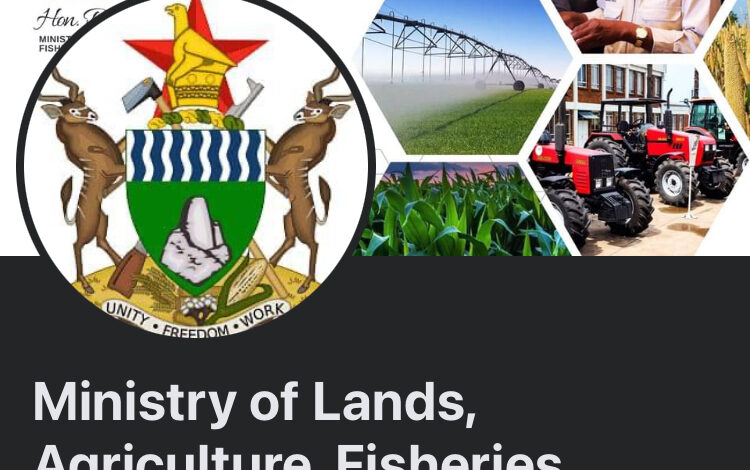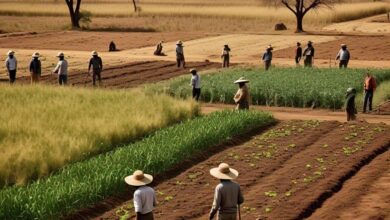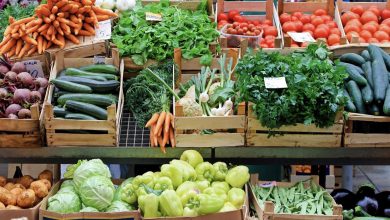New Policies to Revitalise Zimbabwe’s Agricultural Sector

Zimbabwe’s agricultural sector is set to receive a significant boost with the introduction of new policies aimed at increasing agricultural production and food security. The government has announced a comprehensive package of measures to support farmers, improve productivity and enhance food availability. These policies for Zimbabwe’s agriculture will improve the sector and contribute towards improving the livelihoods.
Zimbabwe’s Agriculture: Support for Farmers
Firstly, the new policies include support for farmers through subsidies, credit facilities and training programs. Farmers will have access to affordable inputs, such as seeds and fertilisers, to improve crop yields. Additionally, the government has established a fund to support small-scale farmers, who are the backbone of Zimbabwe’s agricultural sector. Additionally, the government of Zimbabwe is improving the potato farming ventures in Zimbabwe. They banned potato imports, specifically from South Africa (due to pepper ringspot virus) and Zambia in a move to support local farmers.
Irrigation Development to improve Zimbabwe’s agricultural sector
Secondly, irrigation development is a critical component of the new policies. The government plans to invest in irrigation infrastructure to enhance crop production and reduce dependence on rainfall. This will ensure that farmers have a reliable source of water, even during droughts.
The just ended Zimbabwe Irrigation Investment Conference on 5 July 2024 in Harare brought to light how to improve irrigation in Zimbabwe. Moreover, the theme was Public Private Partnerships for sustainable and structured irrigation financing to deliver food security everywhere, every day. According to Minister Masuka at the conference, the nation should accelerate climate proofing of Zimbabwe’s agriculture sector from household to national level.
According to the United Nations, Zimbabwe has the Accelerated Irrigation, Rehabilitation and Development Plan. This targeted a cumulative 400,000 hectares, by 2023. It also comprises the rehabilitation of 71,000 hectares (26 000 ha for smallholder irrigation schemes and 45 000 ha on A1 and A2 farms). Finally, it has the development of 183,000 hectares of new irrigation to improve Zimbabwe’s agriculture.
Mechanisation and Technology
Thirdly, mechanisation and technology are key to improving agricultural productivity. The government has introduced incentives for farmers to adopt mechanised farming practices and use technology, such as precision farming and drones, to enhance efficiency.
Market Access
Additionally, market access in Zimbabwe’s agriculture is critical for farmers to sell their produce. The government has established partnerships with private sector companies to create market opportunities for farmers. This will ensure that farmers have a reliable market for their produce, improving their income and livelihoods. There is a WhatsApp public channel which is a gateway to Agriculture Markets, Market Data, Inputs, Services and Finance called Musika Analytics. This is one way to reach the desired market related information for farmers and those in the agriculture sector.
Food Security
Also, the ultimate goal of the new policies is to enhance food security in Zimbabwe. By increasing agricultural production, the government aims to reduce reliance on imports. Therefore, this will ensure that every Zimbabwean has access to nutritious food thus improving Zimbabwe’s agricultural sector. Grain farmers in Zimbabwe are getting the much-needed support from the government through new policies to improve their agriculture businesses.
Conclusion
Finally, the new policies for Zimbabwe’s agriculture are a significant step towards revitalising the sector and enhancing food security. With support for farmers, irrigation development, mechanisation, and market access, Zimbabwe is poised to become one of the significant agricultural producers in the region.





